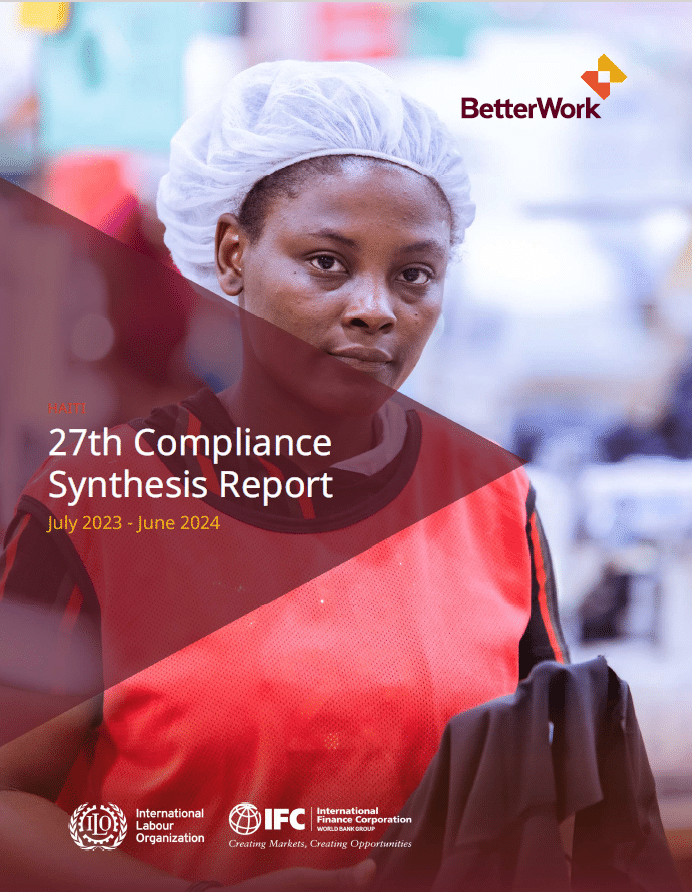Haiti’s apparel industry, once a cornerstone of the country’s economy, is now struggling to survive a confluence of challenges. The decline in the number of jobs (from ~55,000 to ~32,000) is a direct consequence of complex issues related to the local context. Factory closures, job losses, and a decrease in exports to the United States, a crucial market for Haitian textile products, have eroded its stability, leaving thousands of Haitian workers facing a difficult livelihood and an uncertain future (US Relations with Haiti). The decline of the socio-political and security environment has eroded the textile industry’s business stability and growth and has far-reaching implications for Haiti’s economy, which heavily relies on this sector. The recent detrimental developments highlight the need for urgent action to stabilize and revitalize this crucial sector. A comprehensive approach that addresses both the immediate challenges and the underlying structural issues is essential to ensure the long-term sustainability of Haiti’s apparel industry.
Despite the difficulties, Better Work Haiti has remained committed to supporting the industry. The program continues operations in a hybrid mode, through enhanced collaboration with labor inspectors from the Ministry of Labor and Social Affairs (MAST) utilizing both virtual and in-person approaches to deliver services to garment factories under the Hope II law. The program has increased its presence in the northeast region and conducted in-person activities to address challenges such as job losses, facilitate social dialogue, and address gender-based issues. The organization is also supporting the development of a sectoral business continuity plan. However, the challenges are significant and will require concerted efforts from all stakeholders to stabilize and revitalize the sector.
This 27th Compliance Synthesis report presents insights into the Haitian apparel industry, the Better Work Haiti program achievements, and tables with details of the issues at the root cause of the non-compliance findings from the last two assessments in 28 participating factories in Haiti by July 2024.
Key Findings:
- Social Security Non-Compliance: A significant number of factories were found to be non-compliant with social security contributions to the Office of Insurance for Accidents at Work, Sickness, and Maternity – OFATMA (68%), and the National Office of Old Age Insurance – ONA (64%). These non-compliances mostly result from deducting contributions based on the minimum salary instead of the basic salary and making late payments.
- Freedom of Association Violations: All factories in an industrial park in the Northeast were in non-compliance with workers’ freedom of association rights according to the collective bargaining agreement, and one factory wrongfully dismissed the union’s members.
- Occupational Safety and Health (OSH) Issues: Key compliance progress on OSH highlights an overall downward trend (a 10% to 25% decrease in non-compliance).
- Impact of 3*8 Law Suspension: The suspension of the 3*8 law has led to widespread violations of factory labor regulations on working time.
